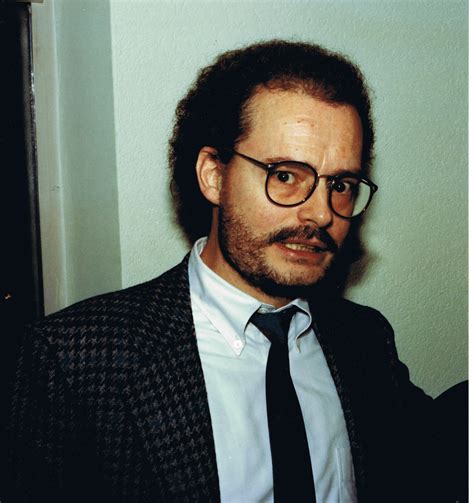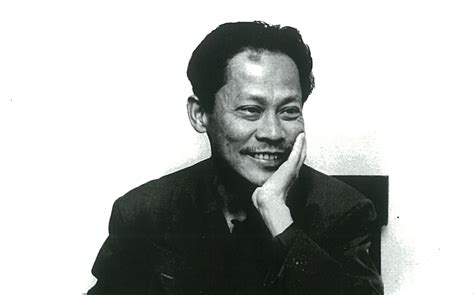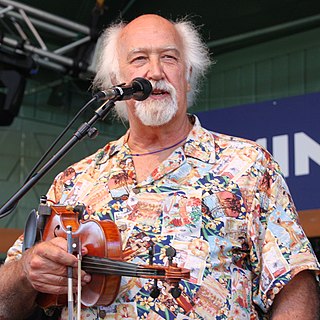A Quote by Max Weber
In the midst of a culture that is rationally organized for a vocational workaday life, there is hardly any room for the cultivation of acosmic brotherliness, unless it is among strata who are economically carefree. Under the technical and social conditions of rational culture, an imitation of the life of Buddha, Jesus, or Francis seems condemned to failure for purely external reasons.
Related Quotes
Imitation is very easy, and the whole culture and society depends on imitation. Everybody is telling you how to behave, and whatsoever they are teaching you is nothing but imitation. Religious people - the so-called religious people, the priests, the theologians - they are also teaching you, `Be like Jesus, be like Buddha, be like Krishna.` Nobody ever tells you, `Just be yourself` - nobody. Everybody is against you, it seems. Nobody allows you to be yourself, nobody gives you any freedom. You can be in this world, but you must imitate somebody.
Religion is not an imitation of Jesus or Mohammed. Even if an imitation is good, it is never genuine. Be not an imitation of Jesus, but be Jesus, You are quite as great as Jesus, Buddha, or anybody else. If we are not ... we must struggle and be. I would not be exactly like Jesus. It is unnecessary that I should be born a Jew.
A way of life can be shared among individuals of different ages, status, and social activity. It can yield intense relations not resembling those that are institutionalized. It seems to me that a way of life can yield a culture and an ethics. To be "gay," I think, is not to identify with the psychological traits and the visible masks of the homosexual but to try and define and develop a way of life.
We live in a culture bound by sin like bands of iron. Moral stories, quaint maxims, and life lessons shared from the heart of a beloved pulpiteer or spiritual life coach have no real power against such darkness. We need preachers of the gospel of Jesus Christ who know the Scriptures, and by God's grace face any culture with the cry, 'Thus saith the Lord!'
Jesus is apt to come, into the very midst of life at its most real and inescapable moments. Not in a blaze of unearthly light, not in the midst of a sermon, not in the throes of some kind of religious daydream, but...at supper time, or walking along a road...He never approached from on high, but always in the midst, in the midst of people, in the midst of real life and the questions that real life asks.
Now culture being a social product, I firmly believe that any work of art should have a social function to beautify, to glorify, to dignify man... Since any social system is forced to change to another by concrete economic forces, its art changes also to be recharged, reshaped, and revitalized by the new conditions... The making of a genuine artist or writer is not mysterious. It is not
the work of Divine Providence. Social conditions, history, and the people's struggle are the factors behind it.
We take it for granted that Jesus was not interested in political life: his mission was purely religious. Indeed we have witnessed . . . the 'iconization' of the life of Jesus: 'This is a Jesus of hieratic, stereotyped gestures, all representing theological themes. In this way, the life of Jesus is no longer a human life, submerged in history, but a theological life -- an icon.
There is something about the light, the heat (physical and perhaps metaphysical), the vibrancy of street life, and the rawness and disjointedness of much of the tropical world that has moved and disturbed me - in places where the indigenous culture is often transformed by an external northern culture (sometimes my own... I suspect that one has a few serious creative obsessions in life. I certainly cannot seem to escape this one.
That is why he appears to us who are deeply life-hypnotized, obsessed about being alive in any way, as life-negating. To us, just to be alive seems to be the end. We are so much afraid of death that Buddha appears in love with death, and that looks abnormal. He seems to be suicidal. This is what many have criticized Buddha for.



































